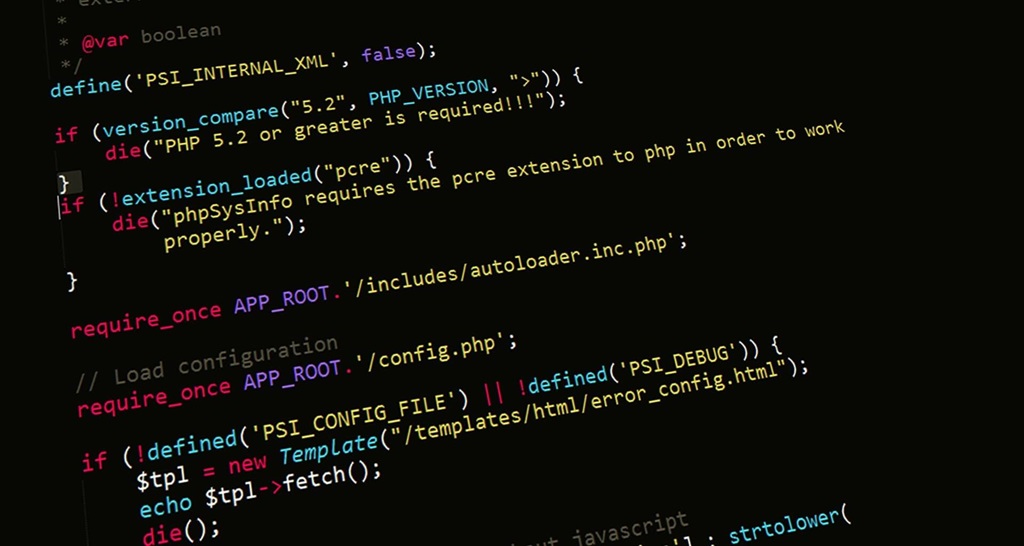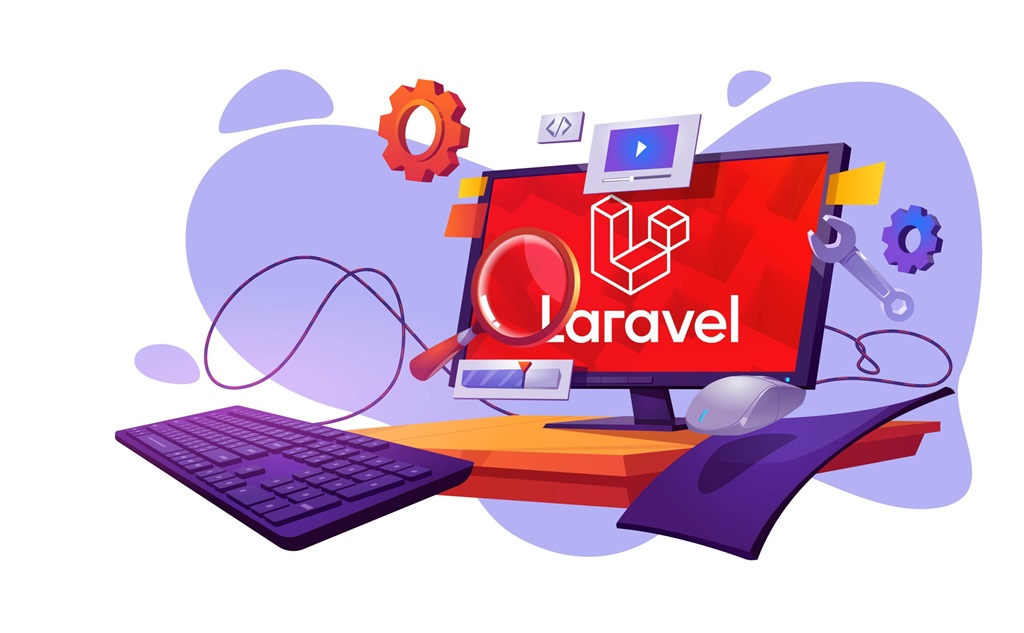In the fast-paced world of web development, choosing the right framework is pivotal for success. Among the myriad of options available, Laravel stands out as the most recommended framework for secure and futuristic development. Let’s delve into why Laravel has earned this reputation and why developers worldwide prefer it for building robust and forward-looking web applications.
In the vast landscape of web development frameworks, making the right choice can significantly impact a project’s success. Laravel has emerged as a top contender, gaining widespread recognition for its exceptional features and developer-friendly environment.
The Rise of Laravel
A. Laravel’s Origin and History
Laravel, created by Taylor Otwell, made its debut in 2011. Since then, it has experienced exponential growth, becoming one of the most widely used PHP frameworks.
B. Popularity and Community Support
The Laravel community plays a crucial role in its success. With a large and active user base, developers benefit from a wealth of shared knowledge, resources, and support.
Security Features in Laravel
A. Built-in Security Mechanisms
Laravel prioritizes security with features like hashed password storage, protection against SQL injection, and cross-site scripting (XSS) attacks.
B. Protection Against Common Vulnerabilities
The framework actively addresses security vulnerabilities, providing developers with a secure foundation for building applications.
Futuristic Development Capabilities

A. Embracing Modern Coding Standards
Laravel embraces contemporary coding practices, staying aligned with the latest industry standards and best practices.
B. Laravel’s Adaptability to Evolving Technologies
As technology evolves, Laravel ensures compatibility and even integration with emerging trends, making it a future-proof choice for developers.
Eloquent ORM: Simplifying Database Interactions
A. Overview of Eloquent ORM
Eloquent, Laravel’s elegant ORM, simplifies database interactions, offering a seamless experience for developers.
B. Benefits of Using Eloquent in Laravel Projects
Developers appreciate the expressive syntax and powerful features of Eloquent, streamlining database operations and enhancing overall efficiency.
Blade Templating Engine
A. Streamlining the Frontend Development Process
Laravel’s Blade templating engine facilitates efficient front-end development, allowing developers to create dynamic and engaging interfaces.
B. Customization and Ease of Use
Blade provides a balance between simplicity and flexibility, enabling developers to customize views without sacrificing ease of use.
Artisan: The Command-Line Interface
A. Simplifying Complex Tasks with Artisan
Artisan, Laravel’s command-line interface, simplifies complex tasks like database migrations, making development more efficient.
B. Boosting Developer Productivity
Developers benefit from Artisan’s automation features, reducing manual effort and enhancing productivity throughout the development cycle.
Community and Documentation
A. Active Laravel Community
The Laravel community is known for its vibrancy, offering forums, conferences, and online resources for developers to connect and collaborate.
B. Extensive Documentation for Developers
Laravel’s comprehensive documentation ensures that developers can easily access information and troubleshoot issues, contributing to a smoother development process.
Real-world Examples

A. Showcase of Successful Projects Built with Laravel
From startups to enterprise-level applications, Laravel has been instrumental in the development of numerous successful projects.
B. Testimonials and Case Studies
Testimonials from satisfied developers and case studies of Laravel-powered applications further highlight its effectiveness in real-world scenarios.
Continuous Updates and Support
A. Laravel’s Commitment to Ongoing Development
Laravel’s development team is committed to continuous improvement, regularly releasing updates that introduce new features and enhancements.
B. Regular Updates and Support Channels
Developers benefit from ongoing support, ensuring that their projects remain secure and up-to-date with the latest Laravel advancements.
Comparisons with Other Frameworks
A. Highlighting Laravel’s Strengths
Comparisons with other frameworks underscore Laravel’s strengths, including its ease of use, robust security features, and active community.
B. Addressing Common Misconceptions
By dispelling common misconceptions, developers gain a clearer understanding of why Laravel is the superior choice for secure and futuristic development.
Developer-Friendly Ecosystem
A. Resources for Learning Laravel
Laravel’s ecosystem provides abundant resources for developers, including tutorials, documentation, and a supportive community.
B. Developer-Friendly Features Enhancing Workflow
Features like Composer integration and Laravel Mix contribute to a seamless development workflow, catering to the needs of developers.
Future Trends and Laravel’s Position

A. Predictions for the Future of Web Development
As the web development landscape evolves, Laravel’s adaptability positions it as a framework capable of meeting future demands.
B. Laravel’s Potential for Continued Dominance
With its strong foundation and commitment to innovation, Laravel is poised to maintain its position as the go-to framework for secure and futuristic development.
Conclusion
In conclusion, the Laravel framework combination of security, futuristic capabilities, and a developer-friendly ecosystem makes it the most recommended framework for web development. Its adaptability to emerging technologies and commitment to ongoing improvement solidify its place as a top choice for developers worldwide.
FAQs
Q. Is the Laravel framework suitable for small-scale projects?
Yes, Laravel is versatile and suitable for projects of all sizes, including small-scale applications.
Q. How does Laravel handle database migrations?
Laravel simplifies database migrations through its Artisan command-line interface, streamlining the process for developers.
Q. Can Laravel be integrated with other PHP frameworks?
Yes, Laravel can be integrated with other PHP frameworks, providing flexibility for developers working in diverse environments.
Q. Are there any notable Laravel success stories?
Several successful projects, including content management systems and e-commerce platforms, have been built using Laravel.
Q. What makes Laravel stand out in terms of security?
Laravel’s built-in security mechanisms, such as hashed password storage and protection against common vulnerabilities, make it a secure choice for development.

